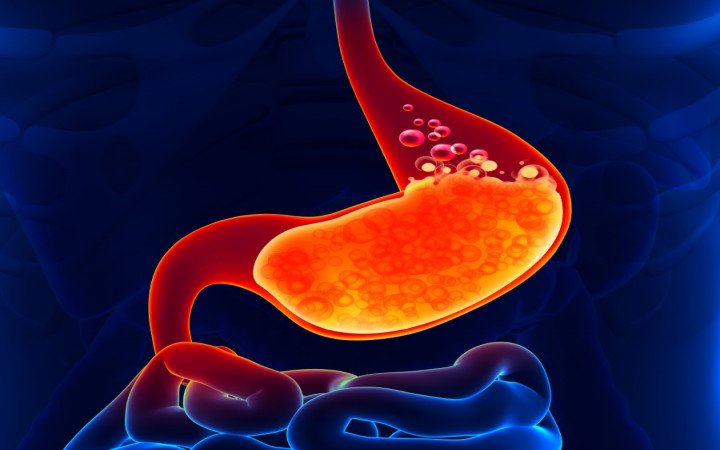For many people, a cup of coffee in the morning is an essential part of their daily routine. It helps to kickstart the day and provides a much-needed energy boost. However, drinking coffee on an empty stomach can have some surprising side effects that you may not be aware of. In this article, we will explore seven of these unexpected side effects.
1. Increased Acid Production
When you drink coffee on an empty stomach, it stimulates the production of stomach acid. This can lead to digestive issues such as acid reflux, heartburn, and stomach ulcers. If you are prone to these conditions, it is best to have a small meal or snack before enjoying your morning coffee.
2. Irritation of the Stomach Lining
Coffee contains compounds that can irritate the lining of the stomach, especially when consumed on an empty stomach. This can cause discomfort, bloating, and even stomach cramps. If you have a sensitive stomach, it is advisable to have something to eat before drinking coffee.
3. Dehydration

Caffeine is a diuretic, which means it increases urine production and can lead to dehydration. When you drink coffee on an empty stomach, the diuretic effect can be more pronounced, as there is no food in your stomach to absorb the fluid. To prevent dehydration, it is important to drink water alongside your coffee.
4. Increased Anxiety and Jitters

Coffee is known to stimulate the release of adrenaline and cortisol, which are stress hormones. When consumed on an empty stomach, these effects can be amplified, leading to increased anxiety, restlessness, and jitters. If you are prone to anxiety or have a sensitive nervous system, it is best to have a light meal before drinking coffee.
5. Blood Sugar Spikes

Drinking coffee on an empty stomach can cause a rapid increase in blood sugar levels. This is because caffeine can interfere with insulin sensitivity and glucose metabolism. If you have diabetes or are at risk of developing it, it is advisable to have a balanced meal before consuming coffee.
6. Disrupted Sleep Patterns

Caffeine has a half-life of about 5-6 hours, which means it can stay in your system for a significant amount of time. When you drink coffee on an empty stomach, the effects of caffeine can be more intense and prolonged, leading to difficulty falling asleep and disrupted sleep patterns. To ensure a good night’s sleep, it is best to avoid coffee on an empty stomach, especially in the evening.
7. Nutrient Absorption Interference
Coffee contains compounds called polyphenols, which can bind to certain minerals like iron and zinc. When consumed on an empty stomach, these compounds can interfere with the absorption of these essential nutrients. To maximize nutrient absorption, it is recommended to have a balanced meal before drinking coffee.
In conclusion, while a cup of coffee in the morning can be a great way to start the day, drinking it on an empty stomach can have some surprising side effects. From increased acid production and stomach irritation to dehydration and disrupted sleep patterns, it is important to be aware of these potential issues. To minimize the side effects, consider having a light meal or snack before enjoying your morning coffee. Remember, moderation is key when it comes to caffeine consumption.
If you have any queries related to medical health, consult Subhash Goyal or his team members on this given no +91 99150 72372, +91 99150 99575, +918283060000





